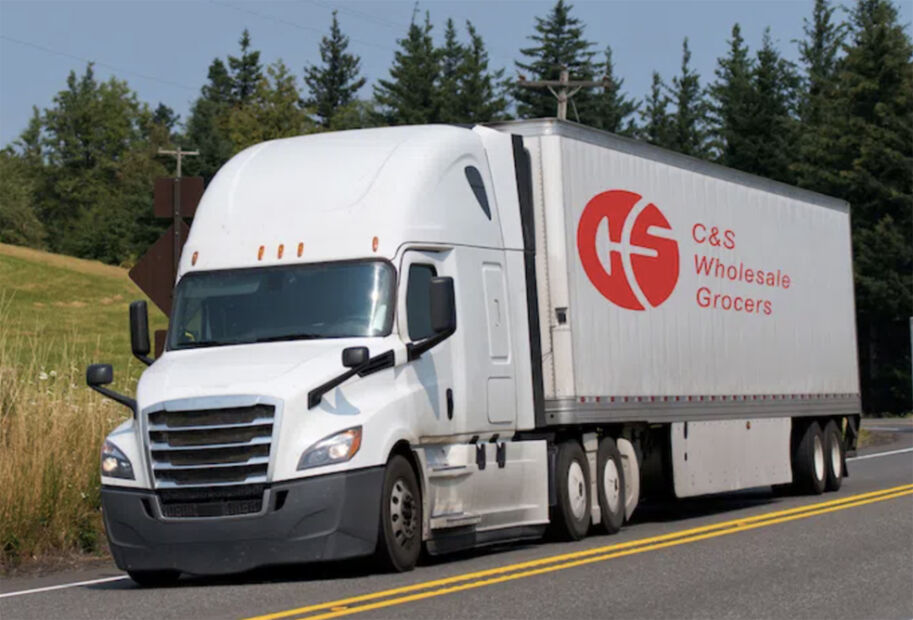Relex strengthens planning at C&S Wholesale Grocers
- November 7, 2022
- Steve Rogerson

New Hampshire-based C&S Wholesale Grocers has selected Finnish supply-chain technology company Relex to strengthen its planning processes.
Relex will help streamline C&S’s technical landscape for demand forecasting and automatic replenishment, which should not only enhance the customer experience but also drive C&S’s long-term growth plans with scalable technology.
“C&S is continuously innovating every aspect of our operations to enhance our customers’ experience,” said Michael Papaleo, executive vice president at C&S Wholesale Grocers. “With Relex we will be able to better predict and plan for their needs – today and in the future – with flexible and agile technology that will grow with our company.”
C&S selected Relex based on its track record of successful implementations. Relex will offer C&S transparency and flexibility in its supply chain management, which should enable accurate planning. Relex and C&S will begin testing the system early next year.
“C&S and Relex have a similar culture of improvement and dedication to optimisation,” said Frank Lord, CRO at Relex. “That makes us the right partner for C&S because Relex offers a completely customised solution that is tailored to their specific needs. Relex will help C&S strengthen its inventory management and forecast accuracy, which will ultimately drive its long-term growth.”
Sudhakar Lingineni, chief information officer at C&S Wholesale Grocers, added: “The selection of Relex as part of our roadmap for application modernisation will help in advancing C&S’s digital transformation strategy, which will improve capabilities for both our employees and partners. This will provide a unified, adaptable and scalable platform with state-of-the art AI and ML for forecasting, buying and replenishment as part of the integrated supply-chain optimisation initiative.”
In 2005, three supply chain scientists – Mikko Kärkkäinen, Johanna Småros and Michael Falck – founded Relex with the goal of making the consumer goods value chain more efficient and more adaptive to change. Based on their research, they were confident that by leveraging data, intelligent algorithms and emerging high-performance data processing, the consumer goods value chain could become more efficient and responsive to consumer demand.





